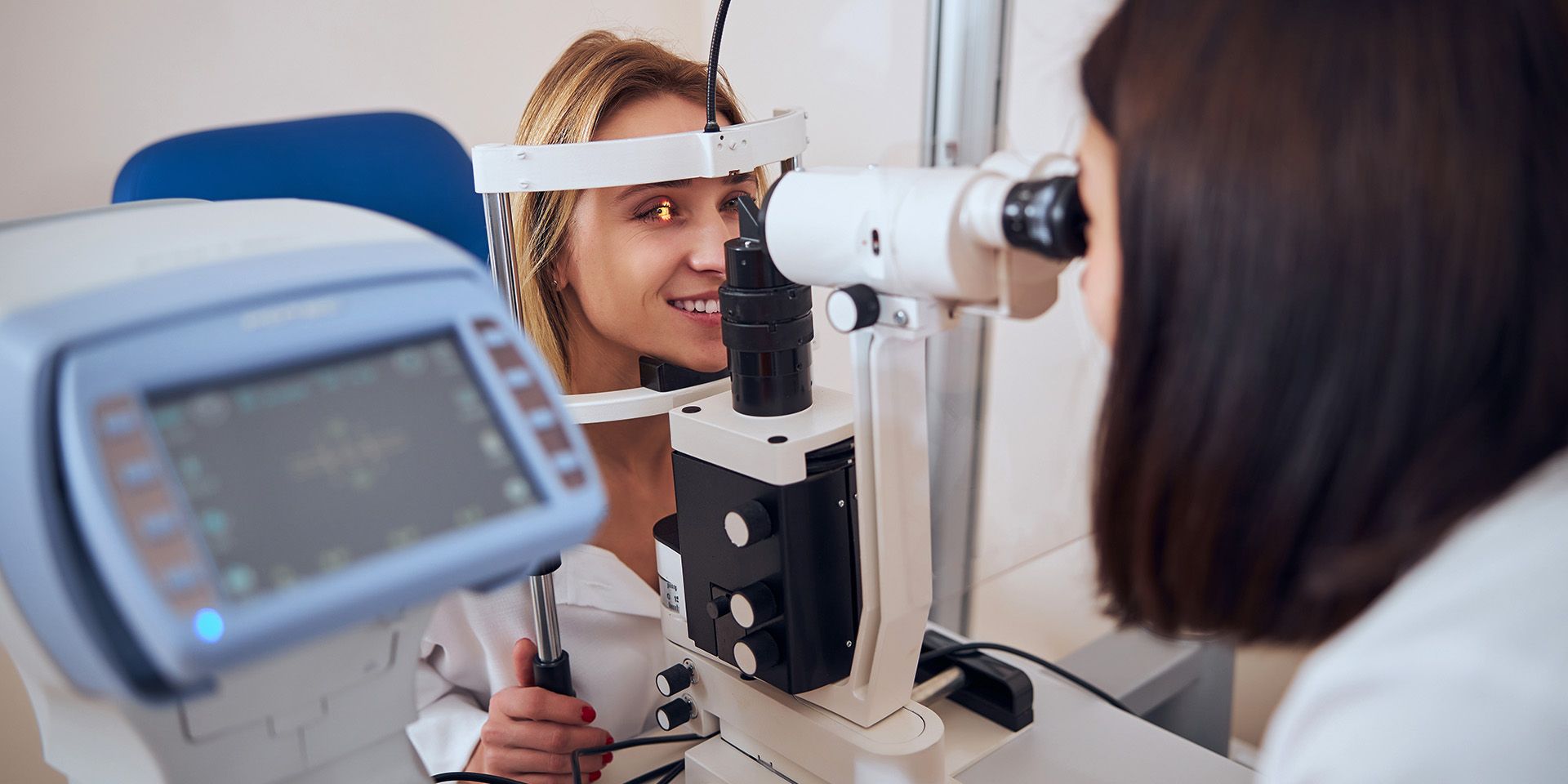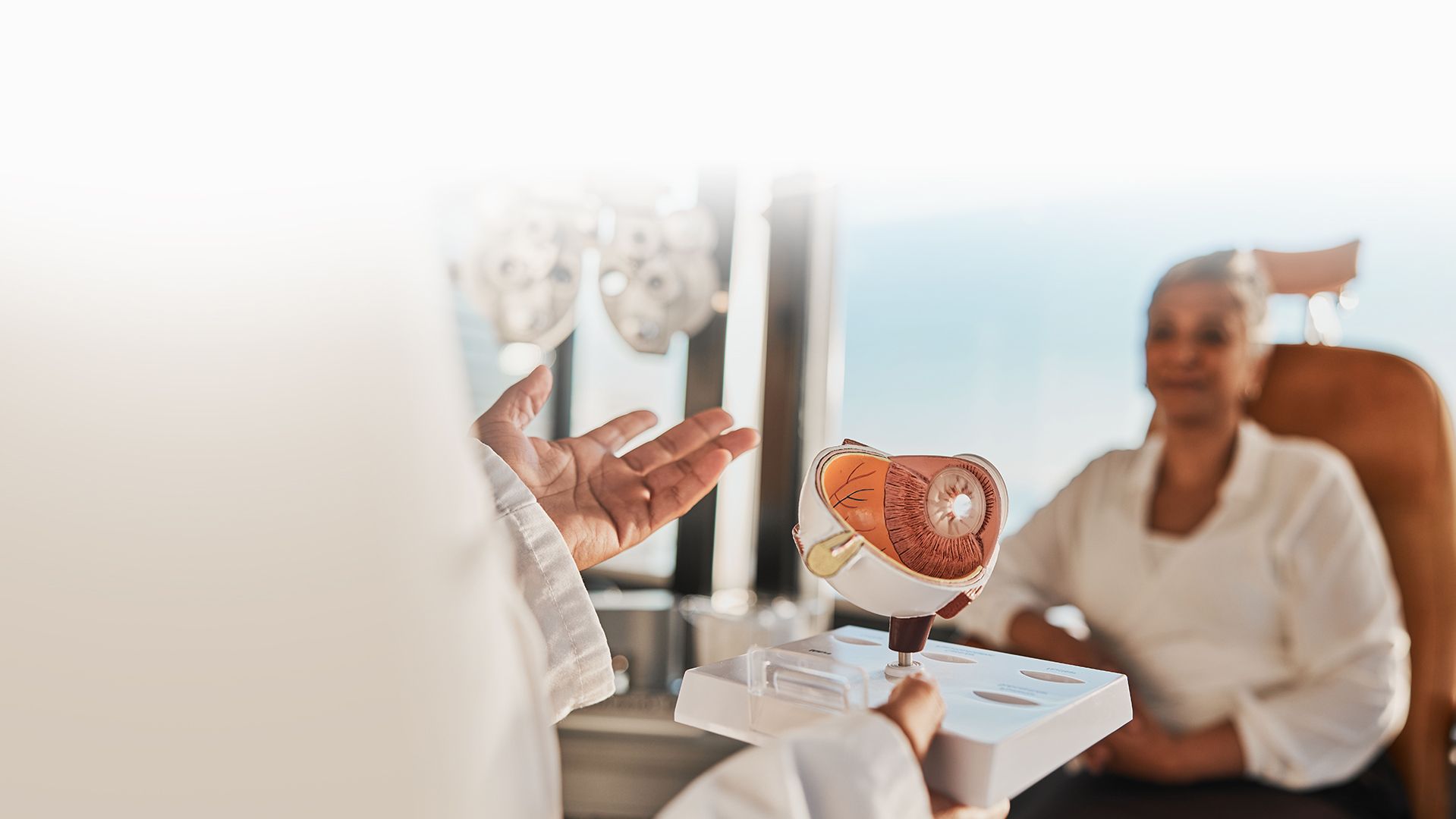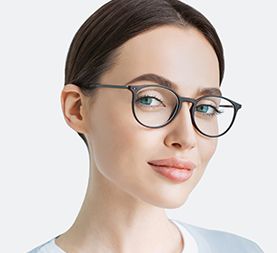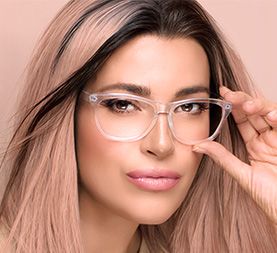WELCOME TO Smoke Vision Care
Your vision health is our top priority, and we strive to create a warm and welcoming environment for every patient. Schedule your appointment today, and let us take care of your eyes as you embark on a journey to a brighter, clearer future.



featured services

Comprehensive Eye Exams
Routine eye exams are a vital aspect of preventive eye care. Without routine eye exams, vision issues often go undetected since most eye disorders don't have clear symptoms.

Optical
You will love our products, service, and pricing. We take pride in the care we provide each patient in the eyewear selection and dispensing process

Contact Lens Exam
If you’ve never worn contact lenses before, it can seem a bit intimidating. After all, you’re inserting something into your eye! Let’s ease your mind about the first step – your contact lens exam. This post will walk you through what’s involved in a contact lens.
Smoke Vision Care provides the highest quality, compassionate optometry to ensure you and your family are healthy and happy. Meet our caring and compassionate team committed to providing exceptional eye care for your family.


Featured Brands
Patient Testimonials
Over 300 5-Star Reviews





























































































I have been coming to Smoke vision for a while. My whole family sees Dr Mundy. He is ABSOLUTELY hands down the best Optometrist WE have ever seen. He caught a rare medical condition in my daughter's eyes that NO ONE not even her doctor and specialist could catch. Since then her migraines have decreased significantly. Some people can complain saying they pay too much, well I believe that ypu get what you pay for. I have seen other places and they are more expensive with TERRIBLE customer service and frame choices. We will pay cash to see him even if I have insurance he does not except!!!
Sara P.
View All Reviews